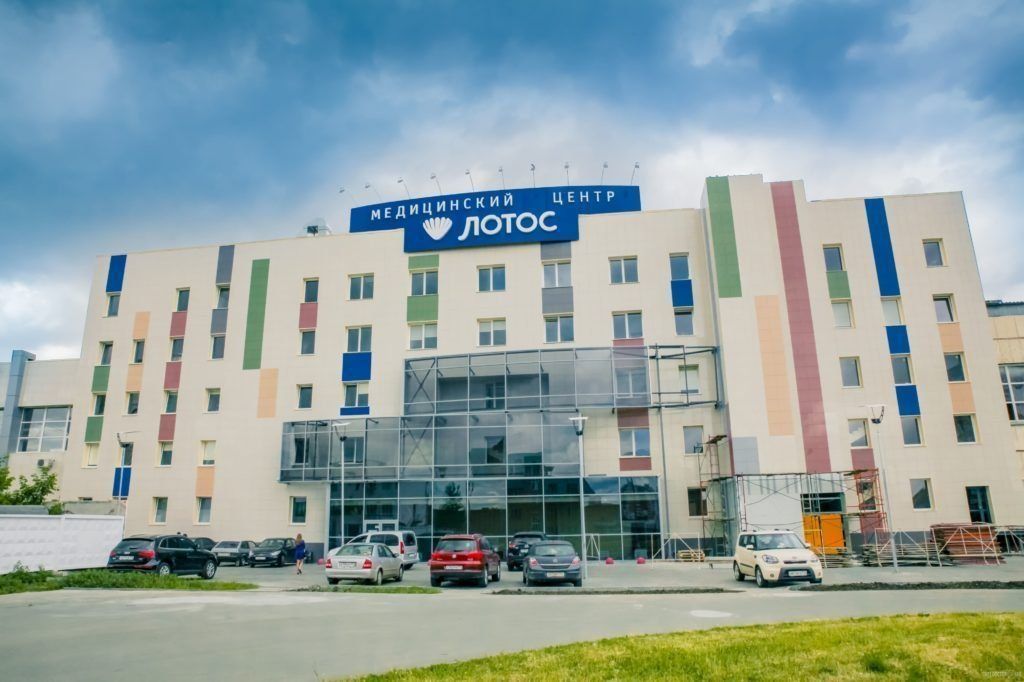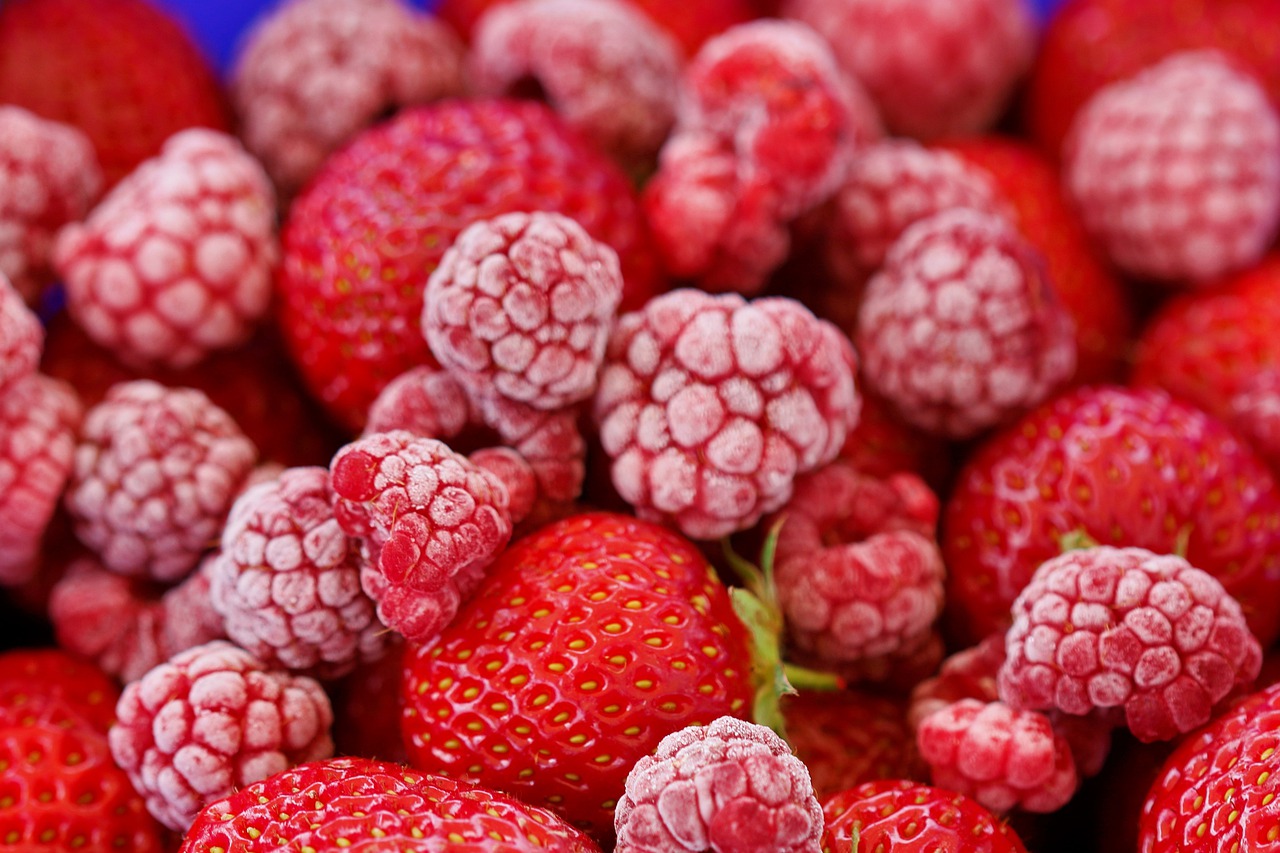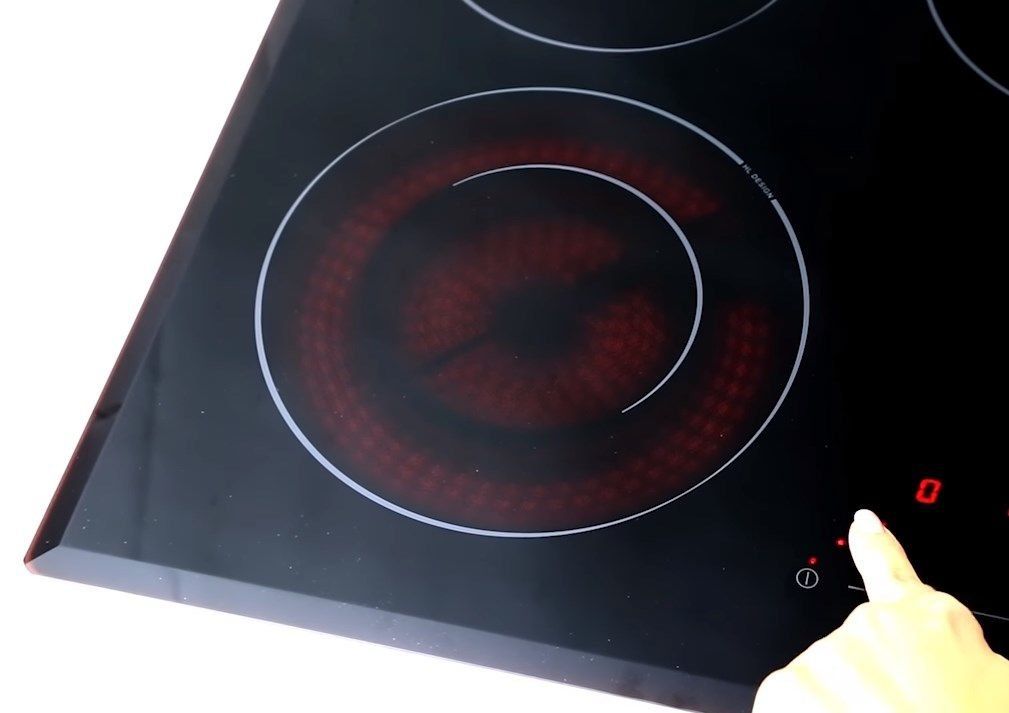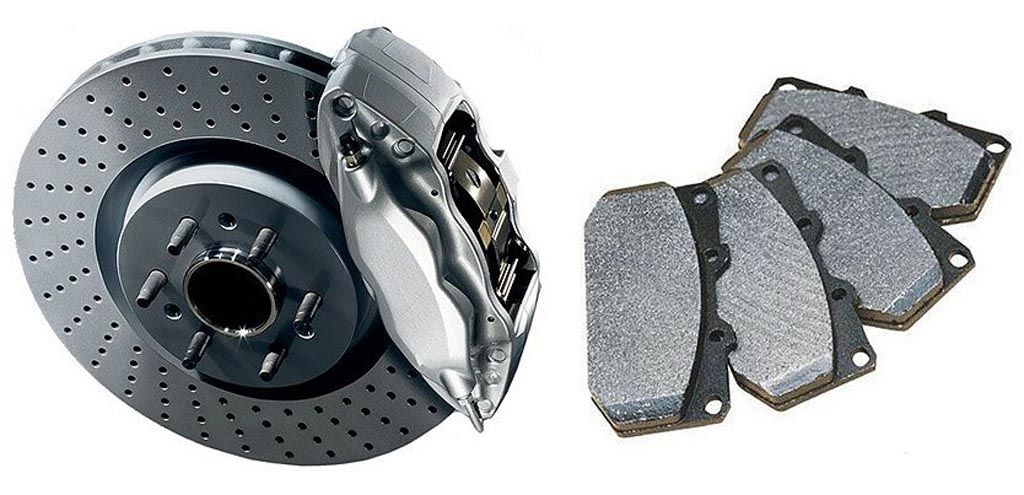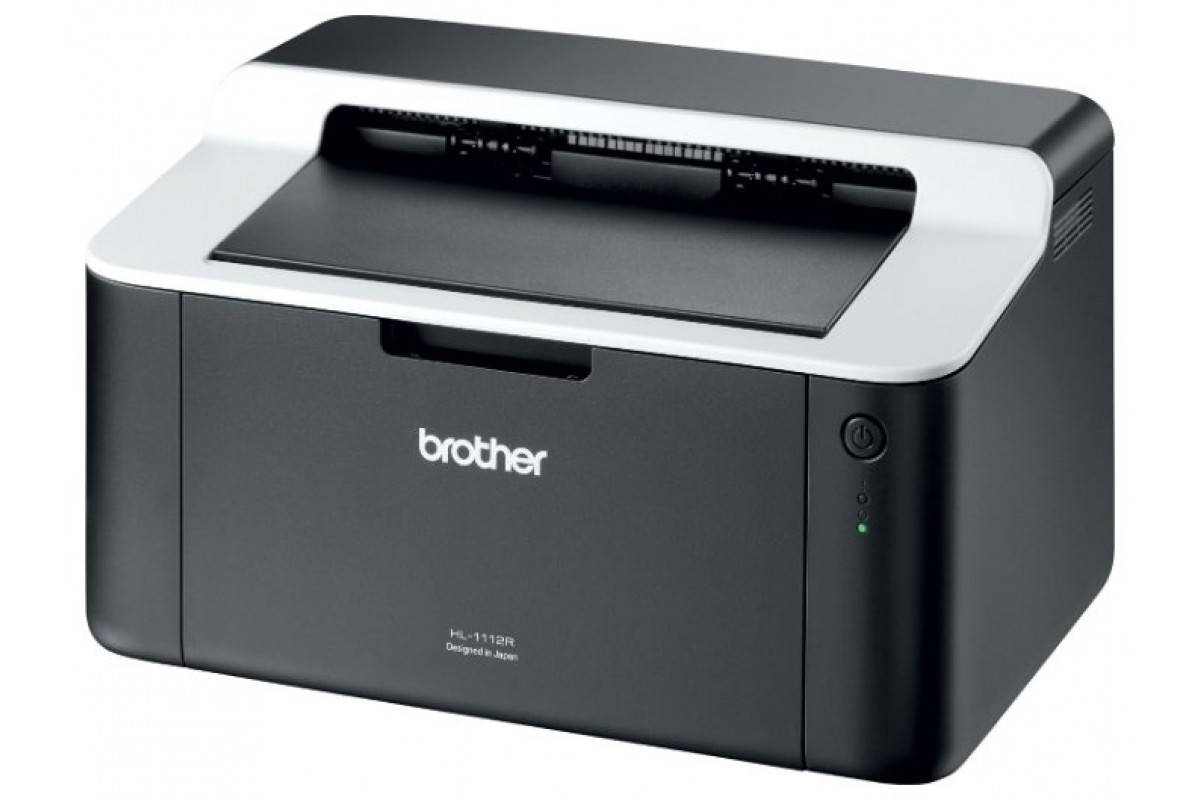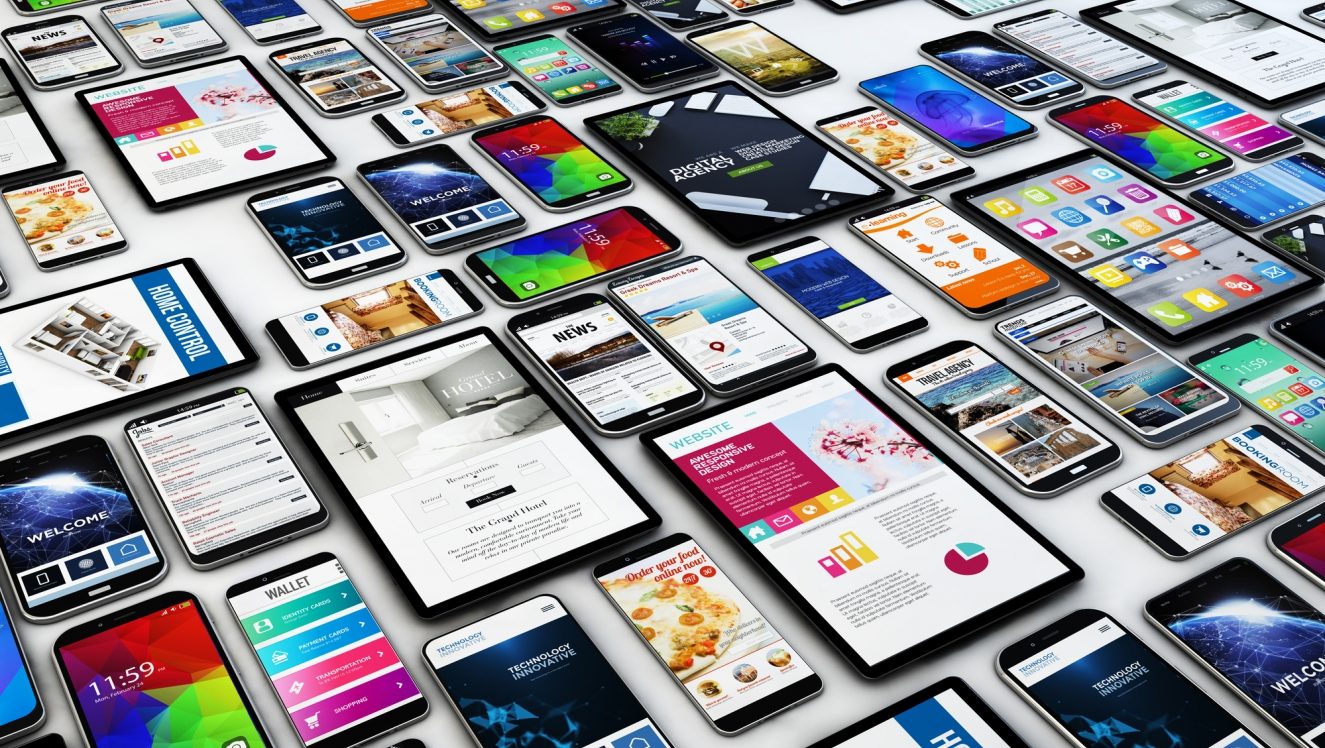Which tablet is better: Windows or Android?

A multimedia tablet PC is a device that replaces a camera, video and audio player, GPS navigation and many other functions and devices for users.
Before buying a tablet, first of all, they compare the technical characteristics, but it is also important to decide on the choice of the operating system that is installed in it. In this article we will try to figure out which tablet is better - Windows or Android.
Background
In 1968, A. Kay developed the KiddiComp tablet for children in collaboration with Xerox Corporation. It provided the ability to play all sorts of games and was equipped with an integrated editor for children to draw.
To some extent, KiddiComp was equipped with options that are in every tablet today. First of all, this is data input by pressing with a stylus, and then by pressing with fingers. In 1987, the world-famous Apple corporation showed interest in the project.
Experts realized that tablet PCs can be used not only by children, but also by adults in order to solve everyday problems. It was from this idea that the MessagePad Newton appeared on store shelves in 1993.
But in all respects it was unrealistic to call it a tablet computer, since it was mainly designated as a pocket PC. In addition, the device was released with a lot of bugs and did not "know how" to access the Internet.
In 1994, the Acorn Computers trademark demonstrates to the masses a tablet PC, thanks to which it is possible to work on the World Wide Web. A similar innovation in the form of the Acorn NewsPad immediately attracted the attention of a large public and fans of IT-technologies, and then the device was sold in many stores.
A similar device was demonstrated practically at the same time by Intel Corporation. Its WebPad was equipped with a powerful chipset, an impressive display and a lot of programs for office workers and entrepreneurs. Plus, you didn't need to use a stylus to control the tablet. All actions were performed using the fingers.
It was from the aforementioned time that most of the corporations that operate in the field of creating digital devices today realized that the tablet PC had incredible potential, and immediately began to quickly study the technology of such development.
Tablet selection criteria
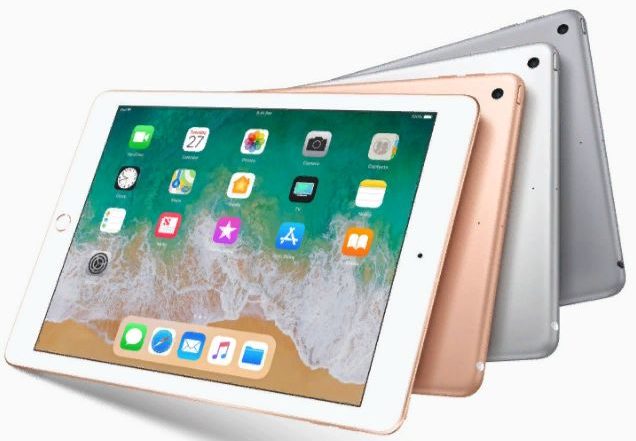
The choice of a tablet PC should be treated a little differently from the choice of a smartphone - one way or another, these two devices have completely different "missions". The telephone is required, first of all, to make calls. The key option of the Tablet PC is to provide users with access to the Network.
In this regard, when buying a tablet PC, in a number of paramount criteria you need to enter the criteria affecting the comfort of working on the Internet, namely, overall performance, screen dimensions and, of course, the operating system.
Performance
The chipset model, the number of cores, clock frequency, video accelerator and the amount of RAM are the speed of the device in the process of searching for data on the Internet, when watching videos and, in particular, during the game process.
An ordinary user who does not require a "supernatural" device would be wise to buy a tablet with at least the following performance parameters:
- The number of cores is at least 4;
- Clock frequency - minimum 1.4 GHz;
- The amount of RAM is from 2 GB.
Screen: dimensions and proportions

Tablet PCs are available in 7, 8 and 10 inch form factors. The 7-inch tablet with a display stands out for its practical dimensions and fits even in a small pocket. It is comfortable to use as an e-book, but this option is not suitable for watching videos.
10-inch devices are predominantly aimed at activities with various files such as multimedia. But buying an inexpensive tablet with a dimensional display is not worth it, and there are 2 reasons for this:
- Such a device can be very large and heavy;
- The screen of a budget tablet is likely to have a noticeable graininess.
8-inch devices are not popular. They are in some way a borderline option, which in fact "took away" the advantages of all the above devices. In addition, buying an 8-inch tablet is not worth it due to the fact that a minimum of useful accessories are made for such devices.
As for the screen resolution, it is worth noting that HD (1280x720 px) will be an acceptable solution for a 7-inch tablet, and for a 10-inch FHD (1920 × 1080 px). It makes no sense to purchase a device with large dimensions: the user will not feel the difference in the image, but he will be upset that the tablet quickly sits down.
3G
You cannot put a SIM card into a device that does not support 3G, which means that getting online from such a tablet is realistic only when there is a wireless Wi-Fi network. Usually, Wi-Fi devices are significantly more affordable in price when compared to their 3G counterparts. In this regard, a person who wants to use the tablet mostly at home, it is advisable to buy a tablet without a place for a SIM card.
Battery

The power of the battery is how much time the device can operate without recharging. This criterion must be taken into account only in conjunction with the performance and screen parameters of the tablet.
A device with top-end hardware and an FHD screen, of course, will land the tablet quickly when compared to a cheap gadget. For an affordable tablet, on the contrary, a capacious battery will become an unnecessary excess.
Cameras
There is no point in expecting high-quality photos from a tablet PC. The fact is that such devices shoot worse when compared with smartphones, since this does not apply to the basic options of the tablet.
A distinctive feature of tablet PCs in this context is that the front cameras are usually no worse than the rear ones. The quality of the picture from the front camera is important, since the user, due to the likely absence of a call option on the device, will most likely use Skype, Viber, WhatsApp and other applications.
The world's most popular tablet operating systems
Today, tablet PCs with the following operating systems are common:
- Windows - from Microsoft Corporation;
- Android - from Google
- iOS - from the well-known Apple company;
- MeeGo - from veteran electronics companies Nokia and Intel;
- BlackBerry OS - from the brand of the same name.
Windows VS Android
When there was only one OS on tablet PCs - Android, then there were no such disputes. But at some point, Microsoft intervened in this sector of the market, and intervened quite successfully, which is why the question of which OS is better for tablet PCs took a new turn again.
A competent choice of OS for a tablet PC is a guarantee of the comfort of using the gadget, its speed (the time interval of the system's response to user actions) and durability. Each of these systems has its own advantages and disadvantages.
Windows (Microsoft)

Tablet PCs running on Windows operating system are quite popular among users. The OS was originally created to run on PCs and laptops. But due to the adaptability of the platform, it is put on some tablet PCs.
Of the main properties of this OS, it should be noted that the platform has many options, since it was developed for personal computers. She can carry out tasks of different types. If the device has good power, and there is a mid-segment chipset inside, then it can easily replace an ordinary PC.
For the average user, it is worth noting the key disadvantage, which is that the OS is not adapted to work with a touchscreen. There is no separate shell for the touchscreen. In addition, taking into account the system requirements, in order for the device to function quickly and without lags, it must be equipped with a powerful battery.
Experts advise buying tablets exclusively with Windows 8th generation, as it has been adapted to work with touch screens. The OS interface is very similar to Windows Phone.
- Full-featured OS for Tablet PCs;
- Supports constantly used games and applications (for example, Microsoft Office, Adobe, etc.);
- Comfort in use;
- Agility and stability;
- Optimization.
- According to buyers, the cost often seems exaggerated;
- A relatively small selection of games and programs in the built-in application store.
Android (Google)

This OS was created in order to work with touch screens. The first editions were made for compact tablets, and some time later, when tablets began to be in demand, Google Corporation demonstrated a tablet PC running Android 3.0.
Of the merits, users note its publicity. Due to this, each user has the opportunity to configure it for himself. You can really improve a certain gadget with your own hands if you know how to handle the platform. In this regard, tablet devices based on the Android OS have become so common.
The OS was shown on 09/23/2008. It is developed on the Linux kernel. Today it is owned by the worldwide popular Google corporation. The system is released under Apache 2.0 permission. According to statistics, more than a billion gadgets are functioning on this OS.
- Cost (the most budget options will cost the user 1,500 rubles);
- Comfortable widgets;
- Lots of programs;
- Built-in Google services;
- It is possible to use tablet devices like a cell phone.
- The relevance of the firmware;
- Unoptimized system;
- File system publicity.
How to make a choice?

Which system to choose fully depends on the purpose for which the device is being purchased. If there is a desire to use a huge number of useful and, importantly, free programs, the systematic need to clear memory does not hinder, and there is also a desire to often watch videos and there is no need to work with office programs, then a tablet PC with Android OS will be the best option.
In other cases, it is advisable to give preference to Windows tablets. However, it must be borne in mind that it must be productive. The OS itself does a good job of optimizing memory, but programs can consume large resources in one way or another. The devices themselves on this operating system are multifunctional.
new entries
Categories
Useful
Popular articles
-

Top rating of the best and inexpensive scooters up to 50 cubic meters in 2020
Views: 97661 -

Rating of the best materials for noise insulation for an apartment in 2020
Views: 95022 -

Rating of cheap analogues of expensive medicines for flu and colds for 2020
Views: 91750 -

The best men's running shoes in 2020
Views: 87680 -

Top ranking of the best smartwatches 2020 - price-quality
Views: 85091 -

Best Complex Vitamins in 2020
Views: 84801 -

The best dye for gray hair - 2020 top ranking
Views: 82406 -

Rating of the best wood paints for interior use in 2020
Views: 77202 -

Ranking of the best action cameras from China in 2020
Views: 75269 -

Rating of the best spinning reels in 2020
Views: 74827 -

The most effective calcium supplements for adults and children in 2020
Views: 72462 -

Top rating of the best means for male potency in 2020 with a description
Views: 68296
